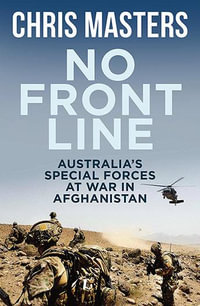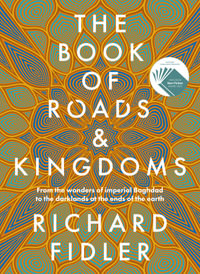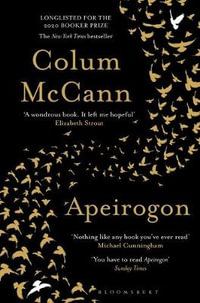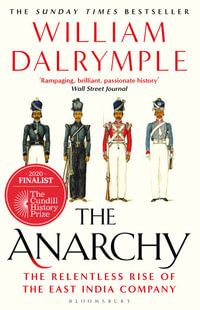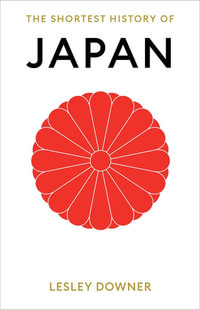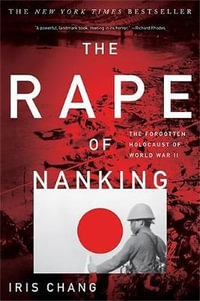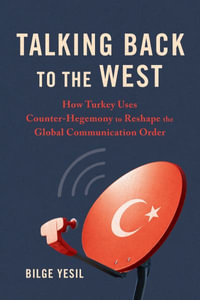The book begins with the momentous task of demolishing the prejudices attached with the phrase 'founding fathers' that has held an immense sway over constitutional interpretation. It shows that women members of the Indian Constituent Assembly had painstakingly co-authored a Constitution that embodied a moral imagination developed by years of feminist politics. It traces the genealogies of several constitutional provisions to argue that, without the interventions of these women framers, the Constitution would hardly have a much poorer document of rights and statecraft that it is. Situating these interventions in the larger trajectory of Indian feminism in which they are rooted, in the nationalist discourse with which they perpetually negotiated, and in the larger human rights discourse of the 1940s, the book shows that the women members of the Indian Constituent Assembly were much more than the 'founding mothers' of a republic.
Industry Reviews
'Achyut Chetan's Founding Mothers are the eleven women members of the Constituent Assembly omitted from histories of the Indian Constitution. In this impressively researched, thoroughly analyzed, and persuasively written account of the arguments of the 'missing mothers,' Chetan illuminates the distinct moral vision of the women framers of the Constitution. Going beyond the usual documents, the author examines the work of committees and sub-committees, memoranda, amendments, notes of dissent, correspondence, and legislative debates. These women, all with personal histories of political and social activism, brought feminist ideas and a vision of equality to their work shaping the fundamental principles of the Constitution. Founding Mothers is an indispensable addition to the history of the Indian Constitution and of the women's movement and feminism in India.' Geraldine Forbes, Professor Emerita, State University of New York Oswego
'This remarkable work is bound to alter our understanding of the making of the Indian constitution - that it was a male preserve of ratiocination about public life-and the foundational document of the people. By presenting with a powerful combination of evidence and eloquence the work of the remarkable women members in the Constituent Assembly, and their life-trajectories outside it, Achyut Chetan has recuperated a critical part of our political heritage, rescuing it from 'the enormous condescension of posterity', and presented us a precious gift - the history of Indian feminist thought and practice before the concept was born.' Sudipta Kaviraj, Columbia University, New York
'Achyut Chetan's work on the 'founding mothers' of the Constitution admirably fills a critical gap in our understanding of the Constitution. A collective biography that refrains from treating its subjects as a monolithic category, this book is a deep and insightful history of the sustained vision and politics that lay behind the interventions that women members made in the assembly. It is also an exemplar of how constitutional history might be accessed, through a diverse set of archives. If ever there was 'a book that has found its author,' it is this.' Nandini Sundar, University of Delhi
'Arriving as it does on the 75th anniversary of Independence, Founding Mothers is an important corrective to standard accounts of India's constitution-making. Achyut Chetan's 'invitation to unforget' the mothers of the Republic bears the promise of unsettling conventional understandings of the Indian Constitution. Chetan joins a select group of scholars who seek to provoke new research into neglected histories and unsung actors at a time when constitutionalism is imperilled across the globe. Combining archival research with contextualized interpretive analysis, Chetan's bracing prose keeps the reader engaged in the arduous efforts undertaken by these remarkable Indians. Its specific adoption of a feminist lens provides an added layer of nuance to the project of nation-building and constitution-making that was simultaneously undertaken within the Indian Constituent Assembly.' Arun K. Thiruvengadam, National Law School, Bangalore
'Drawing on extensive archival material, including personal papers, official documents, organisational records and memoirs, the book offers a close-up view of the methods and aspirations of some extraordinary women.' Rosalind Parr, H-Soz-Kult


